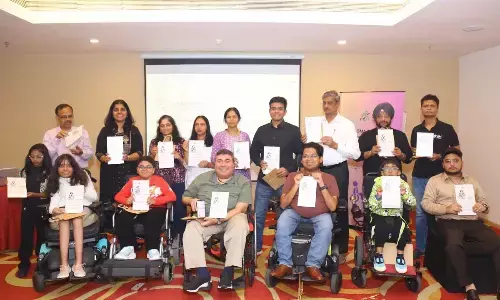Delhi HC urges IIT to prioritise student well-being to combat suicides
Share :

Expressing concern over the rising trend of student suicides, the Delhi High Court has called upon the Indian Institute of Technology (IIT) to actively engage in counselling efforts and emphasise to students that academic success is not the sole measure of life's importance.
New Delhi: Expressing concern over the rising trend of student suicides, the Delhi High Court has called upon the Indian Institute of Technology (IIT) to actively engage in counselling efforts and emphasise to students that academic success is not the sole measure of life's importance.
The court addressed these concerns while handling a petition related to the alleged suicides of two IIT-Delhi students from a Scheduled Caste community last year.
The parents of the deceased students sought court directions for an FIR registration and an impartial investigation into alleged "caste-based atrocities" within the institution.
While the police found no evidence of caste-based discrimination, they discovered that the students had been failing in multiple subjects and were under academic pressure.
Justice Rajnish Bhatnagar expressed understanding for the parents' sentiments and strongly discouraged the mounting pressure on young minds to excel in every aspect of life.
The court stressed the need for IIT faculty and staff to actively counsel, encourage, motivate, and invigorate students, stressing that while academic success is important, it is not the most crucial aspect of life.
The court noted the importance of instilling values related to physical and mental health during students' formative years, promoting confidence to face life's challenges.
Despite the petitioners' allegations of caste-based discrimination, the judge refused to order a probe, citing a lack of corroborating evidence.
While noting the tragic end to the academic careers of the two students, the court said that relief cannot be granted solely based on sympathy or sentiments. It noted the thorough investigation by the state, which found no complaints about caste-based discrimination from the deceased students during their time at IIT-Delhi.
The court concluded that it cannot issue a mandamus solely on sentiment and sympathy, maintaining a balance between empathy and legal considerations.

















